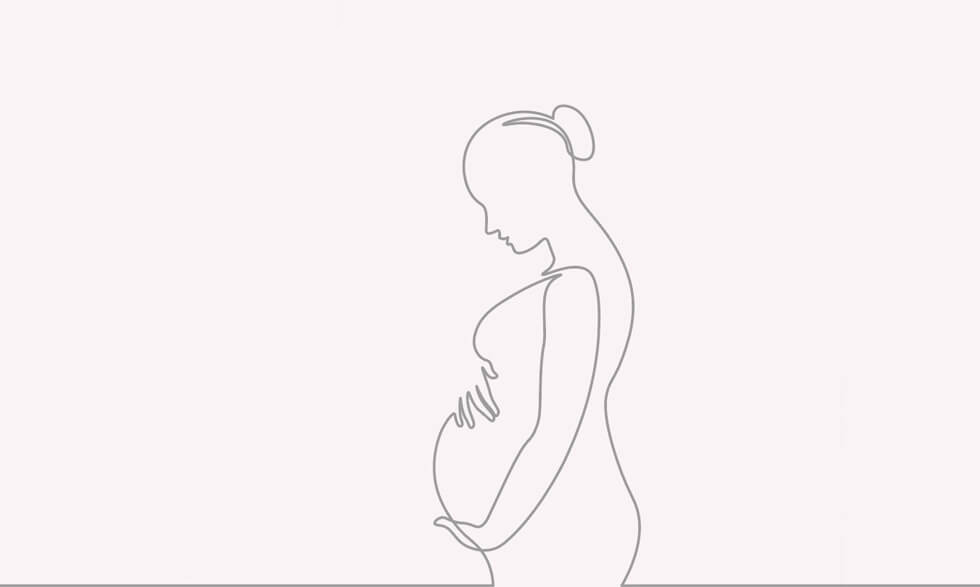
Last updated on July 19th, 2024 at 04:30 pm
High-risk pregnancy is when a woman or her unborn baby is at greater risk of problems during pregnancy or delivery.
What causes it?
Many factors can make a pregnancy high risk. They include:
- Age. Pregnancy in teenagers and women over age 35.
- Lifestyle. Activities like smoking, drinking alcohol, and drug use. When a woman smokes, drinks alcohol, or uses drugs during pregnancy, the baby may also show the effects after birth.
- Existing health conditions. These include high blood pressure, obesity, diabetes, and polycystic ovary syndrome. Diseases like kidney disease, autoimmune disease, and thyroid disease can also cause problems during pregnancy. HIV/AIDS and Zika infection can result in a high-risk pregnancy, too.
Certain health conditions or factors that are specific to pregnancy may make it high risk. These include:
- Gestational diabetes. This is when a woman who did not previously have diabetes develops it during pregnancy.
- Preeclampsia and eclampsia. Preeclampsia is when a woman develops high blood pressure after her 20th week of pregnancy. Eclampsia, which is more severe, can result in seizures or a coma.
- Multiple gestation. The presence of more than one fetus (for example, twins or triplets) makes a pregnancy high risk.
- Previous preterm birth. If a woman previously gave birth before her 37th week of pregnancy, her current pregnancy is considered high risk.
How can it be prevented?
In some cases, existing health conditions or lifestyle factors can be addressed to reduce risk before a woman becomes pregnant. For example, losing weight, lowering blood pressure, and stopping smoking are all steps that a woman can take before getting pregnant.
If you are considering getting pregnant, talk with your doctor to determine if you are in good health or have conditions or factors that may increase your risk. If you are pregnant, visit your doctor early in your pregnancy.
How is it treated?
Some factors that cause high-risk pregnancy can be treated. For example, gestational diabetes can be managed with help from your doctor and changes to your diet. High-risk pregnancies may be treated differently, depending on the problems facing a woman and her unborn child.
Doctors often meet more frequently than usual with women experiencing high-risk pregnancy. This helps them detect any problems early.
